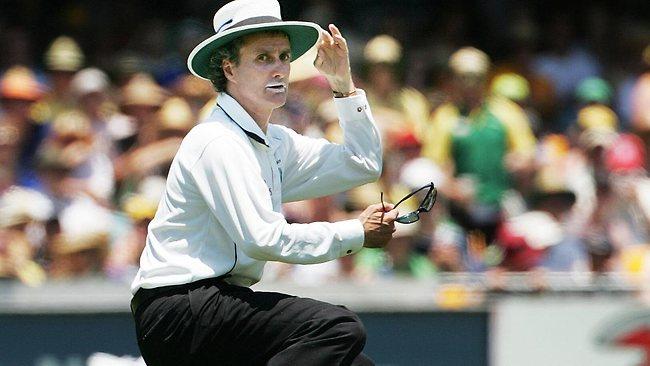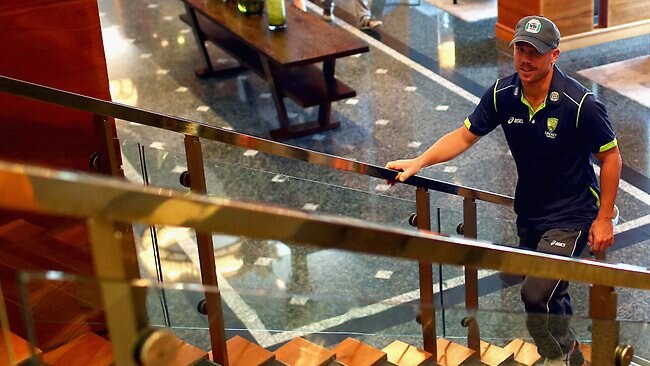Ashes may not have seen last of Billy Bowden
ENGLAND has been told that the ICC may catapult an umpire from below the top tier to stand in the Ashes series.

ENGLAND has been told that the ICC may catapult an umpire from below the top tier to stand in the Ashes if one of the leading officials needs to be pulled from the action.
Only four of the 12-man elite panel can share the responsibility of standing in ten Tests across the back-to-back series because the remaining eight are from either England or Australia .
Asad Rauf (Pakistan), and Billy Bowden (New Zealand), were replaced on the elite panel last month by Richard Illingworth and Paul Reiffel, leaving only Aleem Dar (Pakistan), Kumar Dharmasena (Sri Lanka), Tony Hill (New Zealand) and Marais Erasmus (South Africa) to share on-field and television umpire duties until the end of the fifth Test in Sydney on January 7 next year.
Dar, who missed the thick edge from Stuart Broad in the England second innings at Trent Bridge, flew home last night as scheduled. He will be replaced on the field for the second Test at Lord's starting on Thursday by Erasmus, who also came in for criticism last week for overturning a "not out" leg-before decision against Jonathan Trott. Hill will be the television umpire at Lord's.
The ICC has little room for manoeuvre over the six months ahead if an official falls ill or is replaced because of a poor performance, as happened with Steve Bucknor in 2008 in the series between Australia and India.
Bizarrely, Bowden appears to be next in line to take charge, even though recent performances prompted his relegation from the top tier last month.
"When ICC told us they were making changes to the panel last month, we pointed out there were all these Tests coming up between Australia and ourselves, and only so many umpires available," David Collier, the ECB chief executive, said. "They said they can go to the international (second tier) panel, to somebody like Billy."
The Trent Bridge Test was dominated by the use and misuse of technology and Dave Richardson, the ICC chief executive, will attempt to clarify processes to both countries this week.
"You feel for these guys in the middle because it was a tough game and they were marginal decisions," Collier said.
It emerged that Dar, a Muslim, was fasting throughout the first Test, which fell within Ramadan, raising possible questions over concentration levels during the long, hot sessions. An ICC official said that Dar has officiated during Ramadan without difficulty before.
Despite the problems over the past week, Collier predicted greater use of technology, possibly starting with bails that flash when dislodged, as used in the Big Bash League in Australia this year, to provide a clearer picture on run-out and stumping decisions.
The Times




